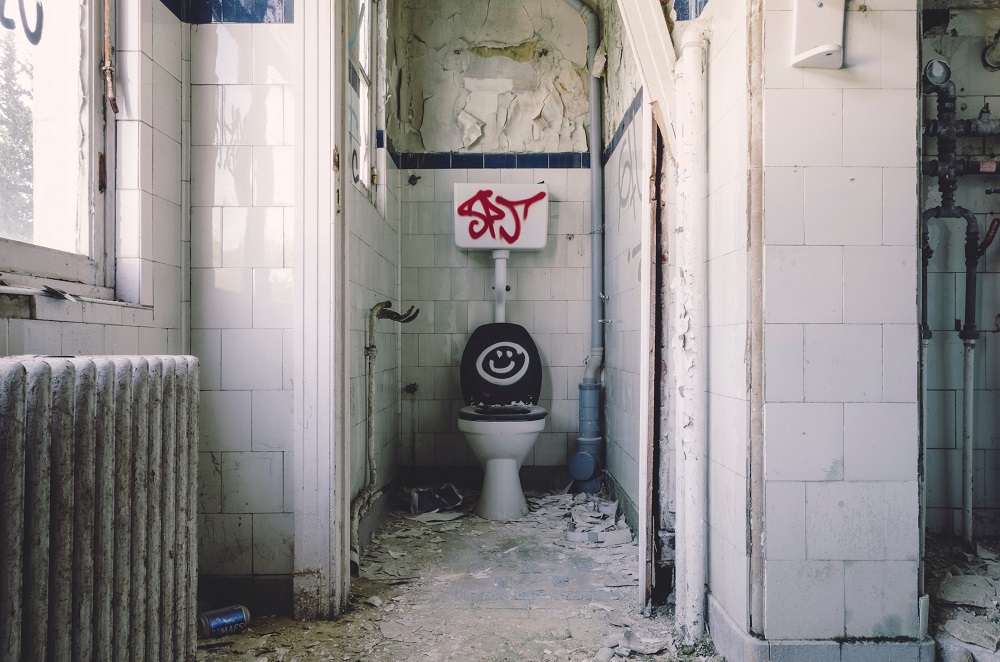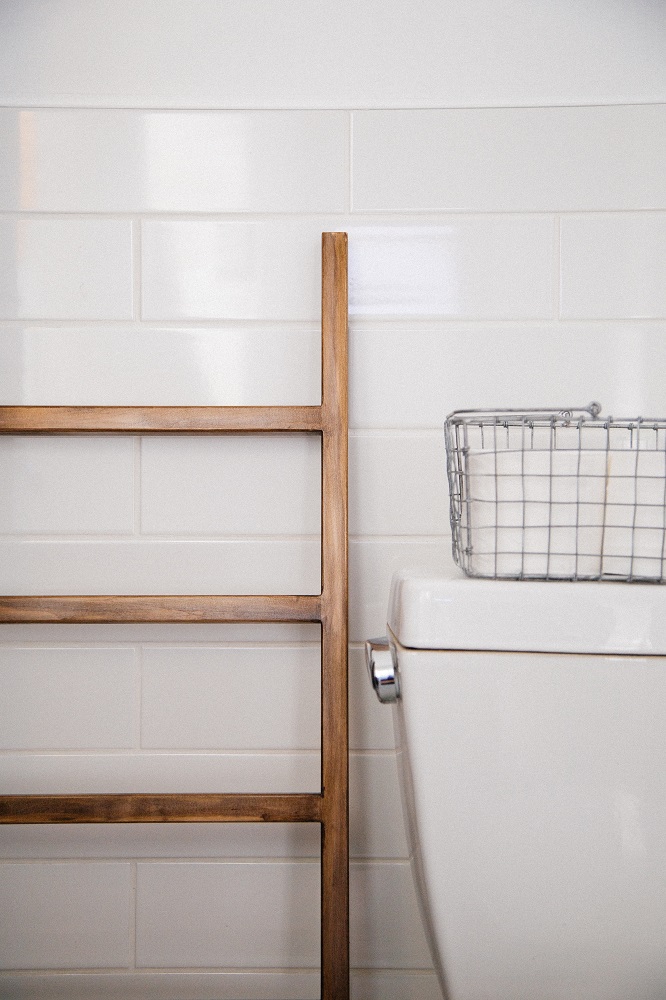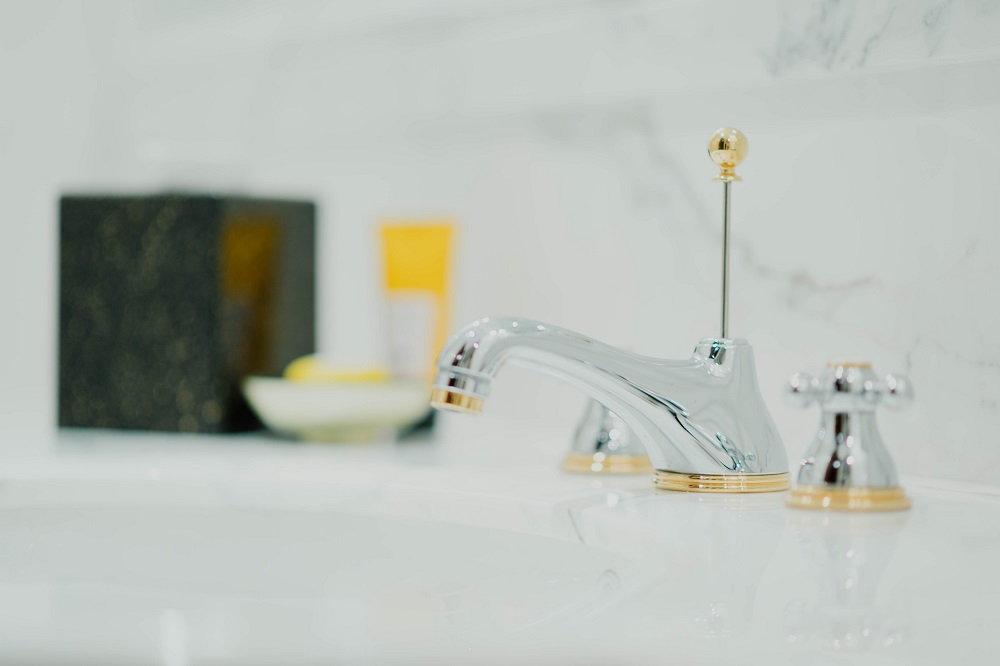Many of us have been scarred by deeply unpleasant experiences when, left with no other choice, we’ve been forced to use shabby and dirty public toilets. Many people just think public bathrooms are revolting, full stop.

It is the sort of thing that gets tutted about in polite(ish) conversation. “Well you’d think someone would do something about it, wouldn’t you?” In fact, some people are. The clean-minded folk at the British Toilet Association have campaigned long and hard for better hygiene standards in public conveniences.
And if we’re being fair, the sterling work of the BTA does seem to be getting the message through. Public toilets in bars, restaurants, shopping complexes, entertainment venues and transport hubs are a lot more inviting (or, at least, less uninviting) than they typically were 20 or 30 years ago. Business owners realise that the state of their toilet impacts on the impression patrons take away of the whole business. They have rotas for regular checks and cleaning. They invest in nice-smelling hand soap and air freshener.

Still, it is us, the members of the public, that still have to chance using the things, and not without some valid concerns over hygiene. However, guess who is responsible for most of the hygiene issues in public lavatories? Yes, that’s right, us, the people who use them. We can’t control everyone’s behaviour, but if more people followed the basic points of etiquette, public loos would be much more pleasant places.
Sit, don’t squat
There’s this assumption that toilet seats are the filthiest place in a public bathroom, and that sitting down on them guarantees you’ll come into contact with all sorts of nastiness. But if the people looking after the facilities are doing their job, toilet seats should be one of the things they pay most attention to when cleaning. Squatting is just an invitation for something to go wrong and make a mess, leaving a previously clean toilet in an unsanitary condition for the next visitor.
Take care around sanitary bins
As mentioned, we live in enlightened times toilet wise compared to how things were a couple of decades ago, and one of the great step forwards in the UK at least is that every provider of a public convenience now has to provide a sanitary disposal service (aka a sanitary bin) in female lavatories. While this is far, far preferable to adding to the pollution of our oceans by flushing sanitary waste down the toilet (or having to take it with you), there is also a need to be aware of how you use a sanitary bin. Make sure anything you put in is well wrapped up, in toilet paper for example, and try to avoid contact with the lid, as this is a sure way to leave germs ready to spread to whoever comes into contact with it next.
Wash your hands!

This is the most obvious tip of the lot, but the one that needs to be shouted about loudest. Many of the potential hygiene issues surrounding public bathrooms begin and end with washing your hands. It’s a simple scenario – if you don’t wash, or don’t wash thoroughly with soap, then everything your hands come into contact with afterwards will spread germs. It is this more than visible signs of grime that makes toilet hygiene well worth having a conversation about, and why everyone needs to take responsibility.
Featured post
© Copyright 2019 Antonia, All rights Reserved. Written For: Tidylife

Leave a Reply